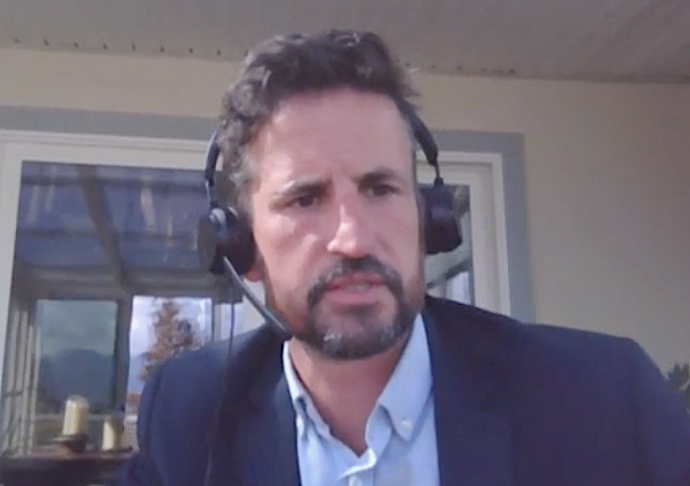Wes Mussio said in an email Wednesday the crux of the appeal to the B.C. Supreme Court decision will focus on a section of the Vancouver Charter regarding what “a pecuniary interest in common with the electors of the city generally” means.
“The judge used that exemption to find councillor Wiebe was excused from a conflict of interest ruling despite participating and voting on motions that, when passed, benefited him financially,” said Mussio, reiterating parts of the argument he made during the four-day petition hearing that concluded in June.
On Monday, B.C. Supreme Court Justice John Steeves released his written reasons for dismissing the case against Wiebe, who participated in votes in May 2020 that approved a temporary patio program for bars, restaurants and breweries.
At the time, Wiebe owned the Eight ½ restaurant in Mount Pleasant and was an investor in Portside Pub in Gastown. Both businesses received temporary patio licences after council unanimously approved the program.
Council framed the motion as a measure to help businesses offset the economic damage sustained from pandemic-driven public health orders that banned dine-in food service.
In his ruling, Steeves agreed that Wiebe had a pecuniary interest in common with other members of the group of restaurant and bar owners. But, he added, there was no evidence that Wiebe “asserted an interest that is personal to him in the sense of being distinct from other owners of restaurants and bars.”
He said Wiebe was entitled to “an exception from the restrictions on conflicts of interest” as set out in other provisions of the Charter and that “there is no need to proceed to consider whether the respondent acted inadvertently or made an error in judgment in good faith.”
Wiebe told Glacier Media Monday that he got emotional when he learned of the ruling and that he could now concentrate more fully on his job as a city councillor. Told Thursday about Mussio’s intention to launch an appeal, Wiebe said the judge’s comments were “pretty clear and I feel comfortable moving forward.”
Mussio pointed out the judge equates the comparator group or “electors of the city generally” to the 3,127 restaurant and bar owners in Vancouver, not the electors as a whole (453,190 in 2018) or even all businesses in the city (69,230 in 2020).
“Even if the comparator group is the 3,127 businesses, just over 10 per cent of those businesses were able to get a temporary patio permits due to logistics and other reasons — so councillor Wiebe received a distinct pecuniary interest compared to most of the other businesses in the comparator group,” he argued.
Mussio said what concerns his clients about the ruling is that it sets “a dangerous precedent whereby city councillors in the future can readily vote on issues where it helps their financial bottom line” — as long as they can establish that other electors in the city gain the same financial advantage if a motion is passed.
“Rather than voting for the greater good of the city, some future councillors may be influenced by their own financial gain in their approach to pursuing and voting on motions,” he said, suggesting a scenario where a councillor who owns a short-term rental could participate in a vote related to policy governing use of an Airbnb.
Added Mussio: “So while we all hope that city councillors act for the greater good of the city without regards to their own personal financial position, and most will, this precedent could give councillors an opportunity in the future to use the public office for personal financial gain without repercussions stemming from a finding of a conflict of interest.”
Mussio, who became a director of the civic NPA party after the court action was launched, said he planned to expedite the hearing of the appeal and “hopefully have a full resolution of this matter well before the 2022 election, as I'm sure all parties are interested in early closure of this matter.”
Wiebe, one of three Green Party councillors, said he plans to seek re-election. In Monday's ruling, the judge said Wiebe was "entitled to his costs at scale B from the petitioners."
@Howellings



